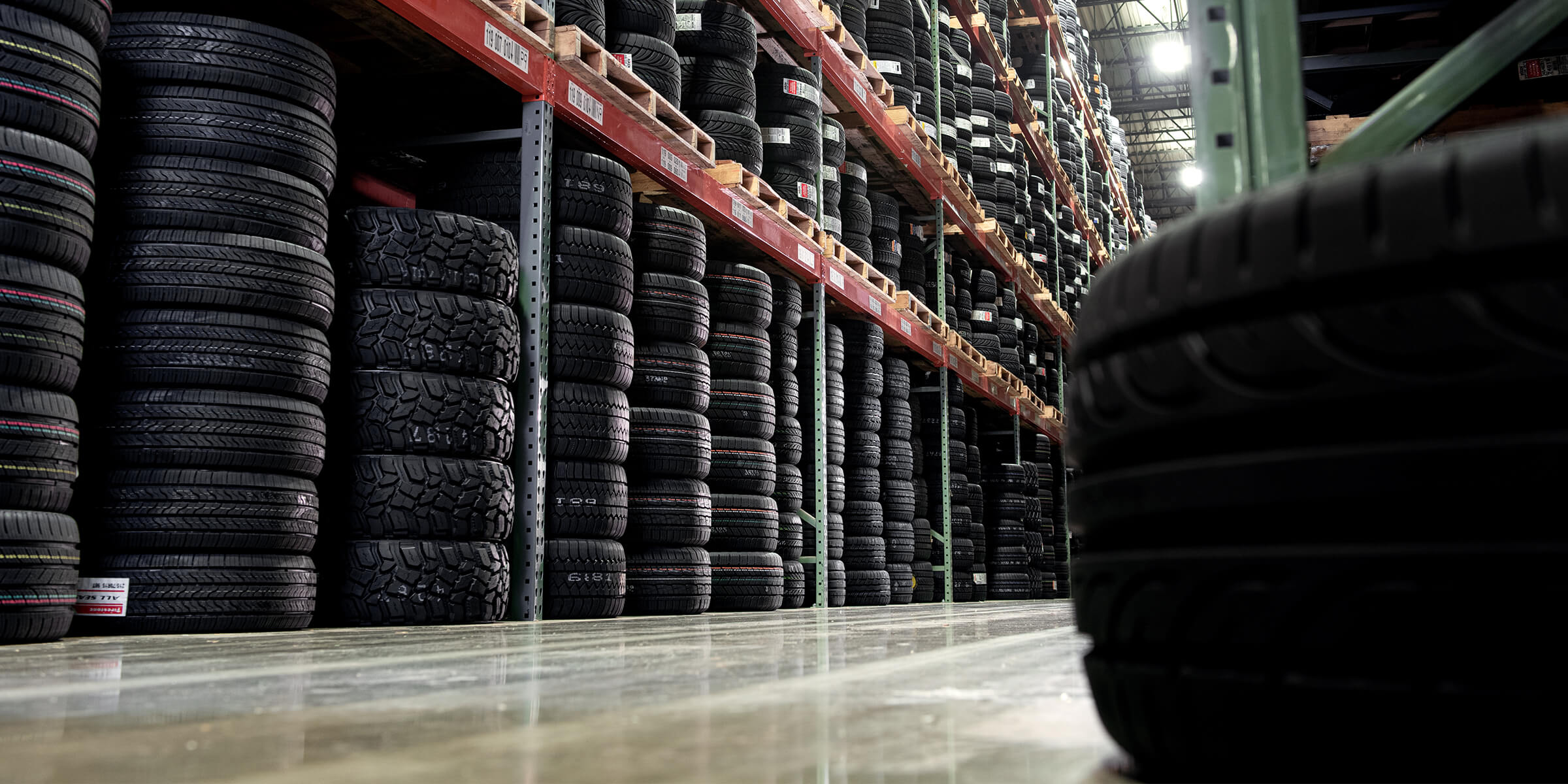The Environmental Advantages of Correct Tire Upkeep
Keeping proper tire care is often forgotten, yet its impact on the environment is extensive. Appropriate tire maintenance not just extends the life-span of tires yet also decreases garbage dump waste and adds to improved air quality.
Minimized Fuel Intake
Improving tire upkeep techniques can lead to a significant reduction in gas usage for vehicles. According to the U.S. Division of Energy, underinflated tires can reduce gas mileage by 0.2% for every 1 psi drop in stress in all four tires.
Along with tire stress, routine tire turnings and positionings also play a vital role in gas effectiveness. Unevenly worn tires can increase gas consumption as the engine works harder to keep rate and grip. By maintaining correct alignment and revolving tires at suggested intervals, motorists can ensure also wear and extend the life of their tires, ultimately saving fuel and lowering their carbon impact.
Extended Tire Lifespan
Extending the life-span of tires is a key element of effective vehicle upkeep practices that can produce cost savings and ecological benefits over time. By appropriately preserving tires, motorists can substantially lengthen their usability, lowering the regularity at which brand-new tires require to be manufactured and old ones dealt with. This not just saves useful resources but additionally reduces the power and emissions associated with tire manufacturing and disposal processes.
Frequently checking tire pressure, revolving tires, and making sure correct positioning are crucial actions in expanding tire life-span. Appropriate tread deepness is critical for ideal grip and safety and security, but it additionally contributes in for how long tires can be used before requiring substitute. Furthermore, avoiding aggressive driving behaviors that accelerate tire wear, such as extreme braking and doglegs, can additionally boost tire durability.
Ultimately, enhancing the longevity of tires via positive upkeep not just benefits the setting by decreasing waste and preserving resources however additionally causes cost financial savings for car proprietors by postponing the demand for new tire purchases.
Reduced Exhausts Output
Effective tire maintenance practices add to a reduction in discharges outcome, straightening with environmental sustainability goals in the automotive industry. Effectively filled with air tires, frequently rotated and straightened, can boost gas effectiveness, hence lowering the general co2 emissions from lorries. When tires are underinflated, the engine needs to function tougher to drive the lorry, resulting in boosted fuel intake and greater exhausts. By keeping ideal tire pressure degrees, vehicle drivers can assist alleviate these negative environmental effects.
Moreover, well-maintained tires likewise enhance grip and reduce rolling resistance, even more improving gas efficiency. This, subsequently, minimizes the quantity of exhaust gases released right into the environment. Additionally, making certain tires are properly pumped up and aligned can extend the life expectancy of the tires, reducing the frequency of tire replacements and the associated environmental prices of tire manufacturing and disposal.

Reduced Garbage Dump Waste
Provided the positive influence of appropriate tire upkeep on reducing discharges result, an additional considerable environmental benefit is the read the article possibility for reduced landfill waste. By making certain that tires are appropriately inflated, aligned, well balanced, and rotated frequently, their life-span can be dramatically prolonged.

Improved Air Quality
Enhancing air high quality via correct tire upkeep practices is a critical facet of sustainable ecological stewardship. When tires are underinflated, they create much more moving resistance, bring about boosted gas consumption and higher emissions of dangerous toxins such as carbon monoxide and nitrogen oxides. Effectively filled with air tires not only enhance gas effectiveness however additionally lower the amount of pollutants released into the air.
Furthermore, well-maintained tires with correct step deepness and placement contribute to safer driving conditions, decreasing the possibility of mishaps click resources that can lead to the release of extra contaminants right into the environment. By expanding the life-span of tires via regular upkeep and turning, less tires are discarded too soon, reducing the environmental effect of tire disposal and production processes.
Verdict
To conclude, correct tire upkeep uses many ecological benefits. By reducing gas consumption, expanding tire life expectancy, reducing discharges outcome, reducing garbage dump waste, and improving air quality, individuals can add to a much healthier planet. These efforts not only profit the environment however likewise help to conserve resources and lower general environmental impact. It is essential for individuals to prioritize tire maintenance as a basic yet efficient means to shield the atmosphere for future generations.
Appropriate tire upkeep not only extends the lifespan of tires however likewise decreases land fill waste and contributes to improved air high quality - discount tires morris il. By maintaining appropriate alignment and revolving tires at suggested intervals, chauffeurs can guarantee even use and lengthen the life of their tires, ultimately conserving gas and minimizing their carbon impact
By effectively maintaining tires, chauffeurs can significantly lengthen their use, reducing the regularity at which brand-new tires require to be made and old ones disposed of.Consistently inspecting tire pressure, revolving tires, and ensuring proper positioning are necessary actions in extending tire lifespan. Additionally, making sure tires are properly inflated and lined up can expand the life-span of the tires, reducing the frequency of tire substitutes and the linked ecological expenses of tire production and disposal.
 Emilio Estevez Then & Now!
Emilio Estevez Then & Now! Scott Baio Then & Now!
Scott Baio Then & Now! Lisa Whelchel Then & Now!
Lisa Whelchel Then & Now! Morgan Fairchild Then & Now!
Morgan Fairchild Then & Now! Nicki Minaj Then & Now!
Nicki Minaj Then & Now!